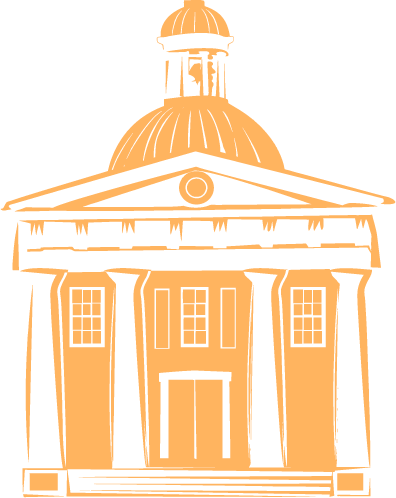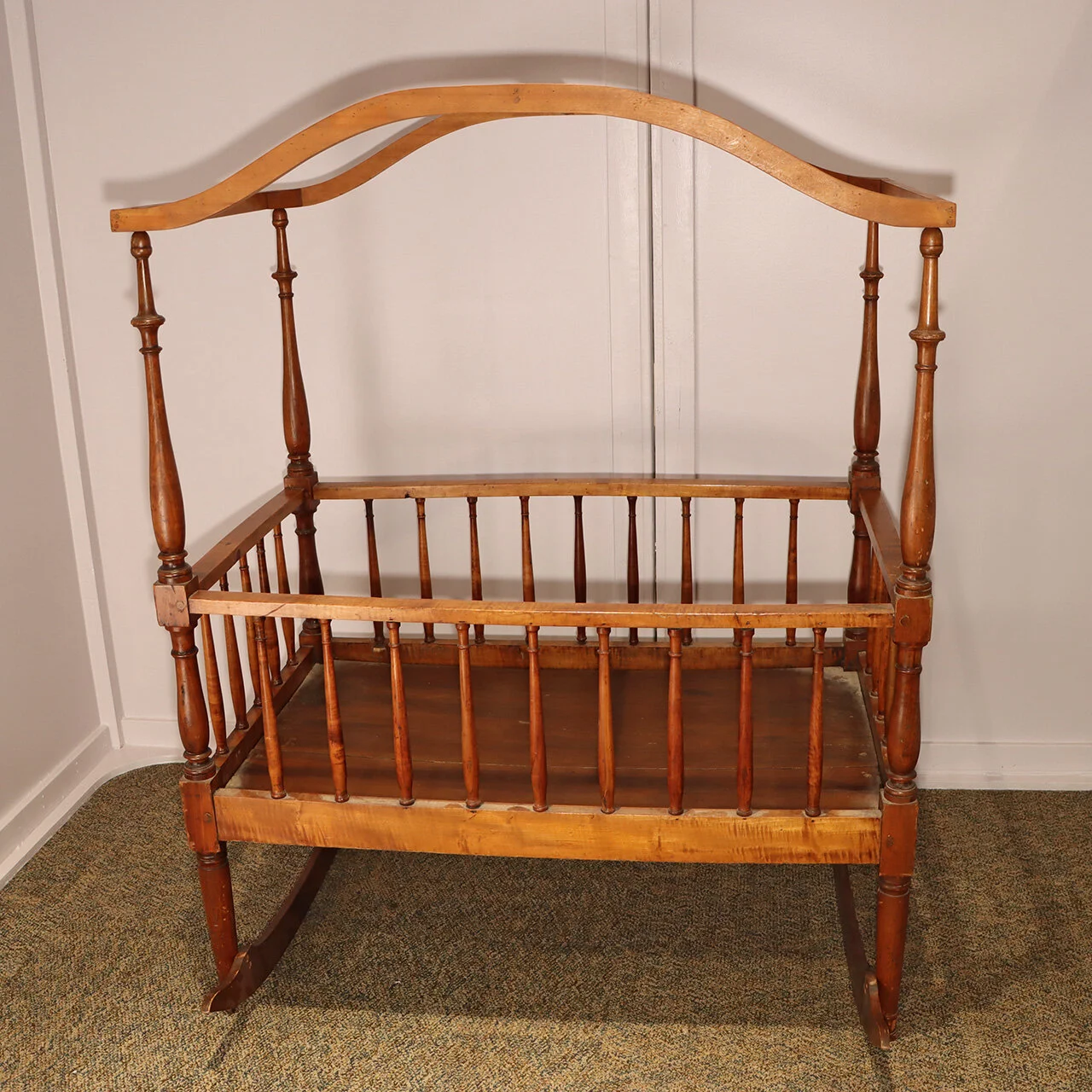The unassuming house at 1104 Jackson Street has a spooky reputation in Lynchburg. It is primarily known as the “Rocking Cradle House,” where inexplicable events occurred in 1839—supposedly caused by a demon. Although the rocking cradle is the most famous story associated with the house, it is by no means the only ghost story.
Read MorePublic Executions in Lynchburg, Part 4: Joseph “Joe” Higgenbotham seemed to be a somewhat quiet and reserved, yet well respected man before the events of 1902.
Read MoreAs the traditional season of frights and hauntings approaches, we here at the Lynchburg Museum are delighted by a recent addition to our collection—the Early family rocking cradle.
Read MoreOta Benga, who was born in the Congo, lived his finals days in Lynchburg, Virginia.
Read MoreThe first election in which women could participate was the presidential election of 1920. After ratification of the 19th amendment on August 18 of that year, Virginia women began registering to vote the following month and were given from September 1 until October 2 to do so.
Read MoreThe day has finally arrived, the one you have all been waiting for...the day we release the final installment of our trio of execution stories! For those of you that may have thought that I was referencing Halloween - shame on you. I know that all of you are far more excited and interested about the final chapter of these stories rather than some measly nationally recognized and celebrated holiday enjoyed by millions.
Read MoreWe are one week closer to that scariest of seasons, Halloween, and that brings us the second in our literary triptych of stories - the execution of William Hendricks. While being the shortest story and one of two that deal with the execution of a white man, this will serve as a nice bite-size break before the last story of John Jones and his requisite ghost story.
Read MoreAs October rolls around once again, we find ourselves in a very different place than even one year ago. We face the shades of 1918 and are all finding ways to deal with how the world currently turns. Luckily, the Lynchburg Museum and this author bring you a triad of stories dealing with that most lighthearted of subjects - executions.
Read MoreSeptember 2 marks the 75th anniversary of the end of World War II, the greatest global conflict of the modern era. This war was a struggle over competing political and social ideologies that shaped the world in which we now live at a great cost.
Read MoreFew residents of Lynchburg know that a member of the famed “Tuskegee Airmen” lived and worked in the Hill City for decades after World War II. Edgar Doswell, Jr., is the only known local resident who served in that distinguished squadron, formed in Tuskegee, Alabama, in 1941.
Read MoreIn celebrating the monumental—and consequential—American woman’s right to vote, with the ratification of the Nineteenth Amendment in 1920, we have tried to show that it did not happen in isolation of countless cultural influences, nor was it accomplished by means of just a few discreet (albeit pivotal) events.
Read MoreDuring Reconstruction in 1868, the 14th Amendment was passed granting citizenship rights to anyone born in the United States. Unfortunately, the interpretation of this law excluded indigenous people. The reason? Courts considered American Indians to be citizens of sovereign tribal nations--and therefore not entitled to the protections of the United States Constitution.
Read More












